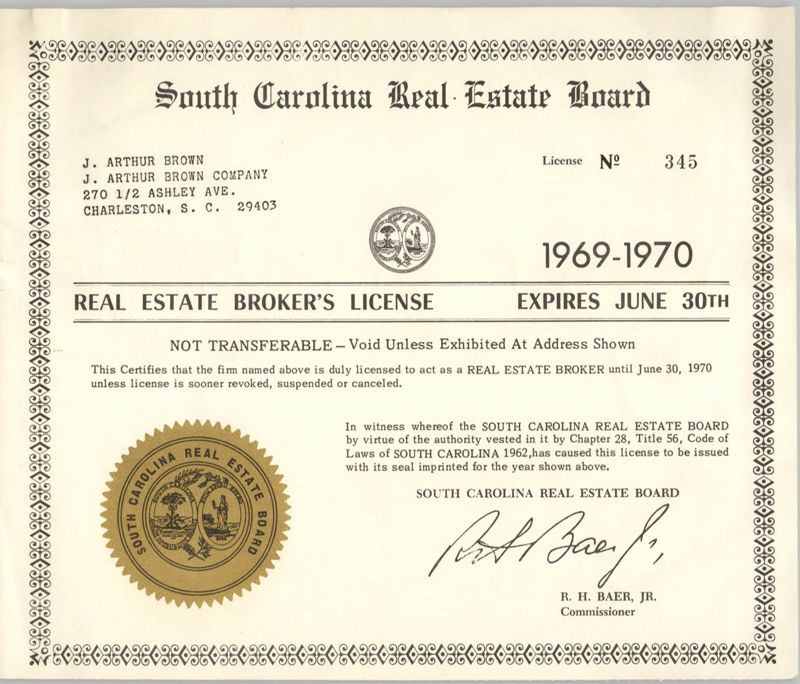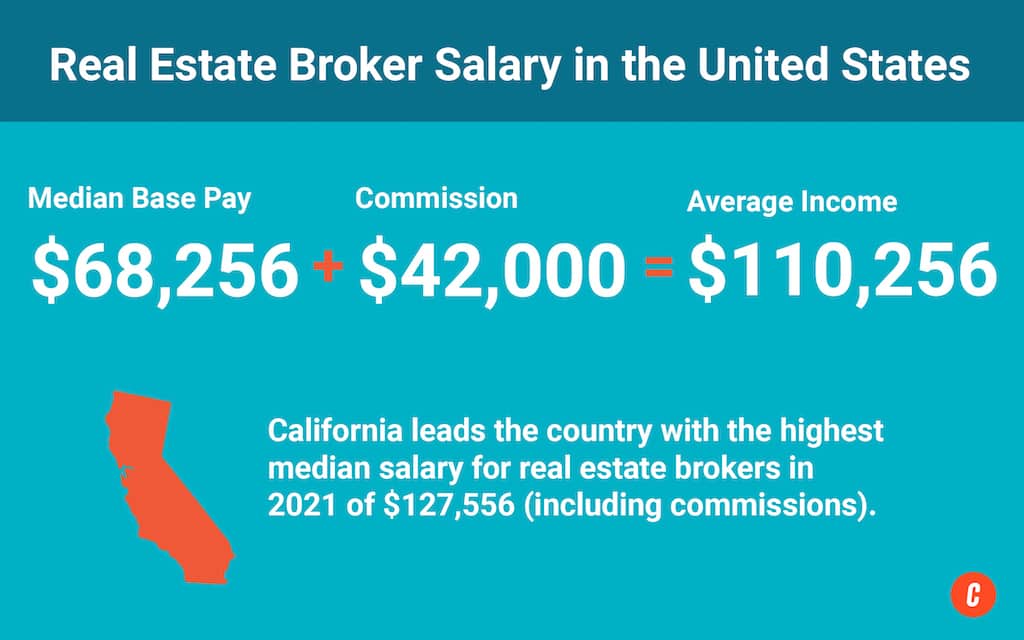
If you're looking for a multi family mortgage loan, there are several factors that you should consider. These factors include down payment, interest rates, and other financing options. This article will detail the rates and down payments required for these types. These details will help you choose the right mortgage loan for you.
Multi-family mortgage rates
There are several factors that impact the interest rate of multi-family mortgage loans. First, these loans generally have higher reserve requirements that conventional loans. This is because a multifamily loan carries a higher level of risk. Buyers should search for lenders that specialize in multifamily loans.
The traditional FHA mortgage program allows borrowers to purchase multifamily properties up to four units. Its low down payment and lower interest rate are some of its benefits. Other benefits include less stringent requirements and lower DTI.

Down payment requirements
The requirements for down payments for multi-family mortgage loans differ depending on the property. A multifamily property of three units may require a 20% downpayment while a multifamily property of two units may only require a 5% deposit. In addition, different banks have different guidelines regarding how much of a down payment is required on a multifamily property.
Multi-family properties have a much higher down payment requirement than single-family homes. However you can still get approved for financing with a small down payment. Some programs may only require a down payment of five percent, while others may not allow any down payments at all. You can also use the down payment of a relative or parent to finance a portion the mortgage.
Rate requirements
There are several requirements that must be met before you can apply for a multi-family loan. Pre-qualification refers to a review of your assets, income, credit score and credit history. Most lenders require a score of at least 620 to process a loan.
Other financing options
There are some challenges associated with alternative financing. These include limited documentation, a lack of data on the effectiveness of alternative financing, and wide variations among states in the types of alternative financing available. Lack of research can make it difficult for policymakers to evaluate the benefits and risks of alternative financing.

Private equity, online marketplaces, and debt funds are some of the alternatives to multifamily mortgage loan financing. Private equity funds are frequently used to finance commercial realty deals. These funds combine the capital of several investors to provide equity or debt financing to borrowers. This type of financing is not suitable for all situations and requires due diligence.
FAQ
How do I calculate my interest rates?
Market conditions influence the market and interest rates can change daily. The average interest rate for the past week was 4.39%. Add the number of years that you plan to finance to get your interest rates. For example, if $200,000 is borrowed over 20 years at 5%/year, the interest rate will be 0.05x20 1%. That's ten basis points.
What are the disadvantages of a fixed-rate mortgage?
Fixed-rate mortgages tend to have higher initial costs than adjustable rate mortgages. You may also lose a lot if your house is sold before the term ends.
How much money can I get to buy my house?
It all depends on several factors, including the condition of your home as well as how long it has been listed on the market. The average selling price for a home in the US is $203,000, according to Zillow.com. This
What should you look out for when investing in real-estate?
The first step is to make sure you have enough money to buy real estate. You will need to borrow money from a bank if you don’t have enough cash. Aside from making sure that you aren't in debt, it is also important to know that defaulting on a loan will result in you not being able to repay the amount you borrowed.
You also need to make sure that you know how much you can spend on an investment property each month. This amount must be sufficient to cover all expenses, including mortgage payments and insurance.
You must also ensure that your investment property is secure. It would be a good idea to live somewhere else while looking for properties.
What should I look for when choosing a mortgage broker
A mortgage broker helps people who don't qualify for traditional mortgages. They work with a variety of lenders to find the best deal. Some brokers charge a fee for this service. Other brokers offer no-cost services.
Is it possible fast to sell your house?
You may be able to sell your house quickly if you intend to move out of the current residence in the next few weeks. Before you sell your house, however, there are a few things that you should remember. First, you will need to find a buyer. Second, you will need to negotiate a deal. The second step is to prepare your house for selling. Third, your property must be advertised. Finally, you should accept any offers made to your property.
Statistics
- This means that all of your housing-related expenses each month do not exceed 43% of your monthly income. (fortunebuilders.com)
- When it came to buying a home in 2015, experts predicted that mortgage rates would surpass five percent, yet interest rates remained below four percent. (fortunebuilders.com)
- The FHA sets its desirable debt-to-income ratio at 43%. (fortunebuilders.com)
- Over the past year, mortgage rates have hovered between 3.9 and 4.5 percent—a less significant increase. (fortunebuilders.com)
- Based on your credit scores and other financial details, your lender offers you a 3.5% interest rate on loan. (investopedia.com)
External Links
How To
How to find an apartment?
Finding an apartment is the first step when moving into a new city. This requires planning and research. This involves researching neighborhoods, looking at reviews and calling people. This can be done in many ways, but some are more straightforward than others. Before renting an apartment, it is important to consider the following.
-
Researching neighborhoods involves gathering data online and offline. Online resources include Yelp and Zillow as well as Trulia and Realtor.com. Local newspapers, landlords or friends of neighbors are some other offline sources.
-
Review the area where you would like to live. Yelp and TripAdvisor review houses. Amazon and Amazon also have detailed reviews. You can also find local newspapers and visit your local library.
-
To get more information on the area, call people who have lived in it. Ask them what the best and worst things about the area. Also, ask if anyone has any recommendations for good places to live.
-
Be aware of the rent rates in the areas where you are most interested. If you think you'll spend most of your money on food, consider renting somewhere cheaper. On the other hand, if you plan on spending a lot of money on entertainment, consider living in a more expensive location.
-
Find out all you need to know about the apartment complex where you want to live. What size is it? What price is it? Is it pet friendly? What amenities are there? Can you park near it or do you need to have parking? Do you have any special rules applicable to tenants?